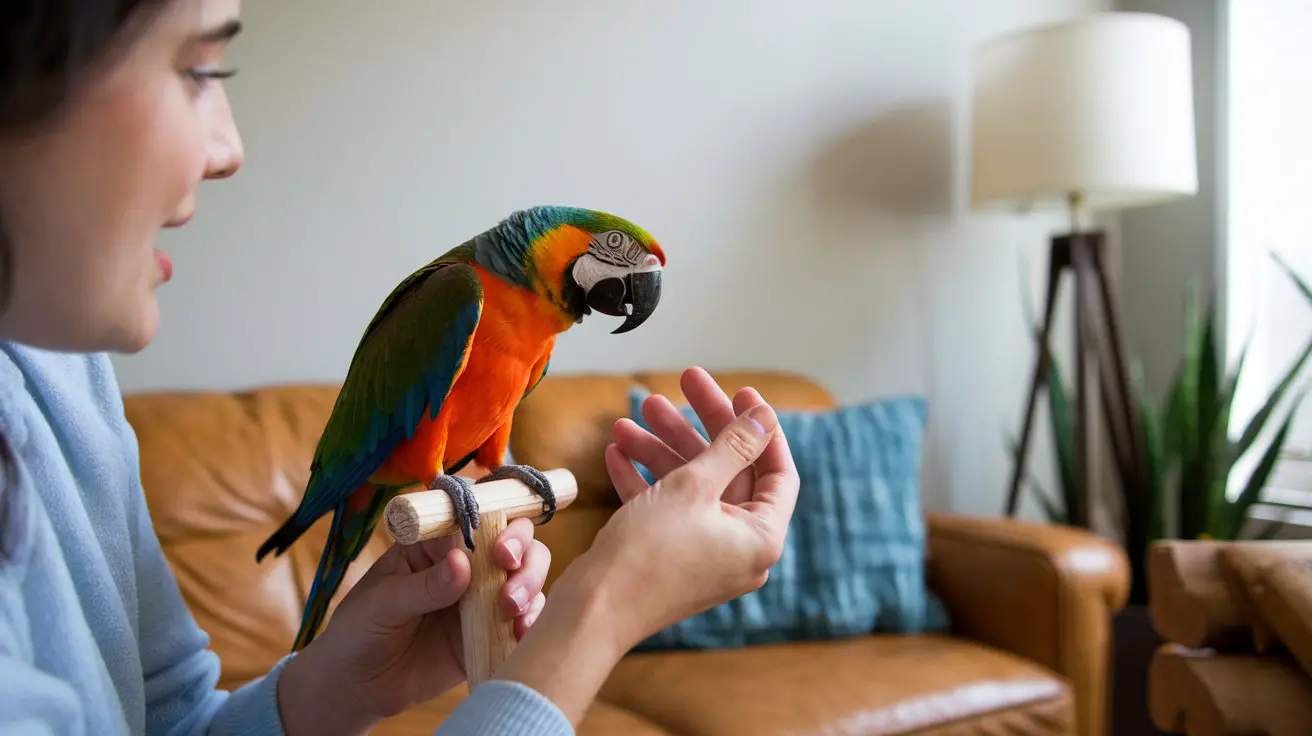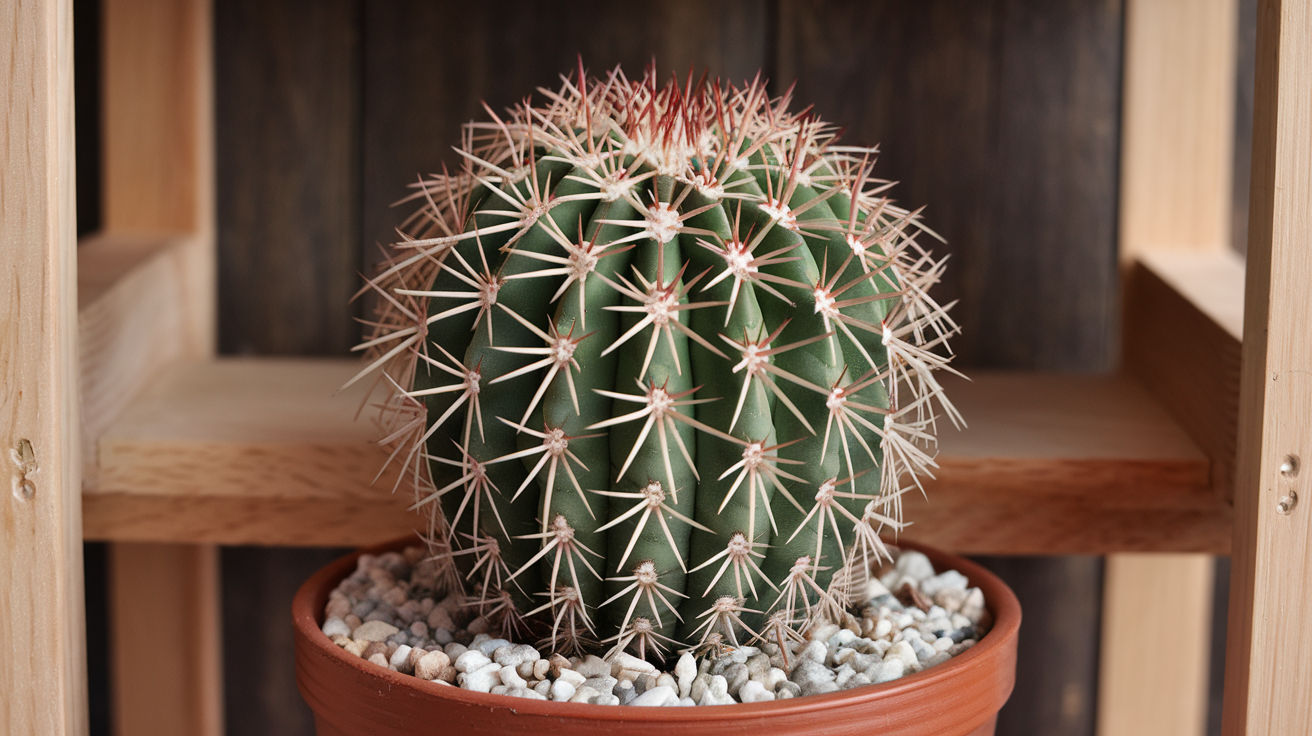The canary is a beloved domestic bird known for its vibrant colors and enchanting melodies. If you’re fortunate enough to have one as a pet, you might wonder how to encourage your feathered friend to sing more frequently. This guide will explore practical tips and insights to help your canary unleash its full vocal potential.
Why Do Canaries Sing?
Male canaries are the songbirds of the species. Singing is their way of attracting mates, using their melodious voices rather than colorful plumage to stand out. Interestingly, not all canaries sing right away, and understanding the factors influencing their vocalization is crucial.
Key Factors That Influence Canary Singing
- Gender Matters
- Only male canaries sing. If your canary isn’t singing, verify its gender with the help of a specialist.
- Female canaries are often mistaken for males and sold as such. Ensure proper identification before purchasing.
- Age and Maturity
- Canaries typically start singing around six months of age.
- If your male canary isn’t singing, it might still be too young.
- Habitat and Environment
- Cage Size: Avoid cages that are too small or excessively large. A medium-sized cage encourages the canary to settle and focus on singing.
- Temperature: Canaries tolerate heat better than cold. Keep them in a warm environment and shield them from extreme cold.
- Molting Season: During molting, canaries naturally stop singing. Provide extra care during this period to ensure their health.
- Social Interaction
- If housed with a female, male canaries may sing less as their need to attract a mate diminishes.
- Loneliness can also suppress singing. Keep your canary engaged but not overwhelmed with social companions.
- Learning by Imitation
- Like parrots learning to talk, canaries learn songs by listening. Playing recordings of other canaries singing can stimulate your pet to mimic the tunes and improve its trills.
Practical Tips to Encourage Singing
- Provide a Balanced Diet: A healthy canary is a happy canary. Offer seeds, fresh fruits, and vegetables to ensure proper nutrition.
- Maintain a Consistent Routine: Canaries thrive on stability. Avoid moving their cage frequently or exposing them to sudden changes.
- Optimize Lighting: Ensure your canary gets adequate sunlight or use a full-spectrum light to mimic natural conditions.
- Play Canaries’ Songs: Use YouTube or other platforms to play recordings of singing canaries. This can inspire your bird to sing along.
- Minimize Stress: Keep the cage in a quiet, secure spot away from loud noises or frequent disturbances.
Common Mistakes to Avoid
- Overcrowding the Cage: Adding too many toys or companions can distract your canary from singing.
- Ignoring Health Issues: If your canary suddenly stops singing, consult a vet to rule out illness.
- Neglecting Seasonal Changes: Be mindful of molting seasons and adjust care routines accordingly.
Conclusion
Helping your canary sing more is about creating a supportive and stimulating environment. By addressing their physical, social, and emotional needs, you can enjoy the delightful melodies these charming birds are known for. Have patience and cherish the unique bond you’re building with your feathered friend.
By implementing these tips and strategies, you’ll soon hear your canary serenading you with its enchanting songs. How have you encouraged your canary to sing? Share your experiences in the comments below!



Leave a Comment